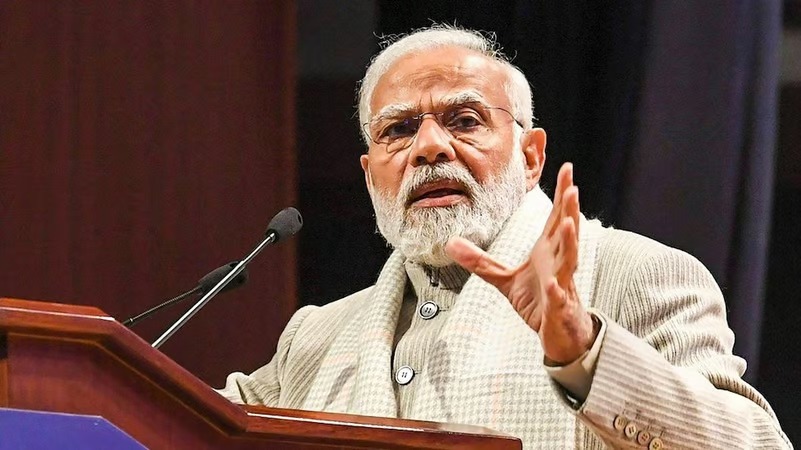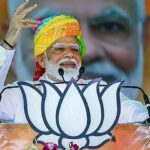In the dynamic world of politics, unexpected encounters with modern culture can sometimes lead to moments of levity and connection with the public. One such instance occurred during the tenure of India’s Prime Minister Narendra Modi, affectionately dubbed the ‘Coolest PM’ by some of his supporters. Modi, known for his tech-savvy persona, found himself incorporating gaming terminology into his speeches, sparking both amusement and curiosity among the populace.
The term in question was “noob,” a slang word originating from the gaming community to describe someone inexperienced or unskilled. It’s a common term among gamers, often used in jest or playful banter. However, its entry into the realm of political discourse was unexpected, to say the least.
During a public address, Prime Minister Modi casually dropped the term “noob,” catching many off guard. He used it in the context of explaining how his political opponents were inexperienced and ill-prepared, drawing a parallel between their perceived shortcomings and the gaming term. The moment garnered immediate attention, with social media ablaze with reactions ranging from amusement to confusion.
For some, Modi’s use of gaming terminology was a refreshing departure from the usual rhetoric of politicians. It showcased a level of cultural awareness and relatability that resonated with younger audiences, many of whom are avid gamers themselves. In a country where the youth vote holds significant sway, such gestures can make a tangible impact on public perception.
However, not everyone was quick to embrace Modi’s foray into gaming vernacular. Critics questioned the appropriateness of using slang associated with a specific subculture in a political context. Some argued that it trivialized serious issues and undermined the gravity of political discourse. Additionally, there were concerns about pandering to a particular demographic at the expense of broader issues that affect all citizens.
Nevertheless, the incident served as a reminder of the evolving nature of language and its intersection with popular culture. In an increasingly digital world, where social media and online communities play a significant role in shaping public discourse, politicians must adapt to resonate with a diverse audience. Modi’s use of “noob” may have been unexpected, but it highlighted the importance of engaging with voters on their terms, even if it means stepping outside the traditional boundaries of political speech.
Furthermore, the incident underscored Modi’s willingness to embrace technology and innovation as part of his governance strategy. Throughout his tenure, he has emphasized the importance of digital literacy and technological advancement in driving India’s development agenda. By incorporating gaming terminology into his speeches, he not only showcased his own familiarity with modern culture but also signaled his commitment to engaging with the youth demographic, who are often at the forefront of technological trends.
In conclusion, the episode of “noob” entering the political lexicon serves as a fascinating example of the evolving relationship between politics and popular culture. While some may view it as a lighthearted moment, it carries broader implications for how politicians communicate and connect with the electorate in an increasingly digital age. Whether it’s through gaming terminology or other cultural references, effective communication remains essential for building trust and forging meaningful connections with voters.








